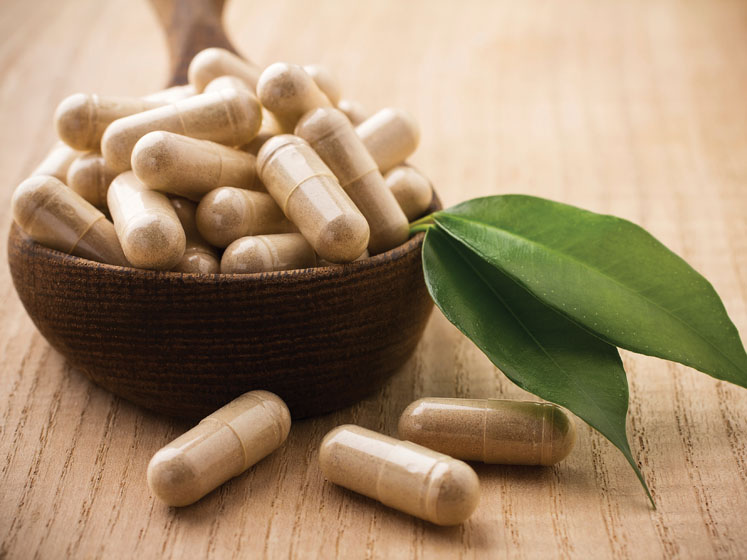This is because of consumers becoming more conscious about their health than ever before and being increasingly proactive when addressing their health and well-being as they seek out new products that offer a nutritional boost.
Probiotics are highly associated with digestive and immune health: two key areas that consumers are looking to improve. So, what does this mean for probiotics in 2021 and beyond?
Behavioural traits have been significantly influenced during the past year as consumers look to take a prevention rather than cure approach to their health.
FMCG Gurus insights show that 24% of global consumers feel that their health has deteriorated during the last 2 years. This is not just a result of COVID-19, many consumers are recognising that they don’t follow a healthy diet and lifestyle.
This has led to health-boosting products rising in popularity and, at the same time, creating an opportunity for probiotics.
FMCG Gurus research shows that 59% of global consumers state they have purchased probiotic products during the past 12 months. This is a noticeable increase of 8% from 2018 when only 51% had done so. This reflects how consumers are taking a more positive approach to health maintenance and are actively researching and seeking out better-for-you products and ingredients.
As noted, two key areas of concern are immune and digestive health. In 2018, consumers were primarily linking probiotic products with digestive health; however, FMCG Gurus research shows that 65% of consumers purchase probiotic products to boost their immune health and 63% to aid digestive health.

This shift in priority highlights that consumers are now associating probiotics with general health and well-being … and not only digestive health.
When seeking out probiotics, consumers state they are more likely to turn to food and drink (F&D) products as opposed to nutritional supplements. In fact, 79% of survey participants who purchase both forms prefer F&D. This is because F&D products thought to be tastier and easier to fit into their everyday diets.
Irrespective of health concerns, consumers will always prioritise sensory appeal when choosing products. As better-for-you products are often associated with compromise and sacrifice, F&D-based probiotics need to be both tasty and healthy.
Being “bland and boring” is particularly problematic in an industry in which products are actively positioned around bacterial content. Therefore, there is an opportunity for brands and manufacturers to experiment with popular flavours.
Here, FMCG Gurus research highlights that chocolate (97%), vanilla (91%) and orange (90%) are three of the top flavours that consumers find appealing when buying probiotic products.
It is highly important, therefore, that the probiotic industry launches products in an array of new, novel and indulgent taste varieties that offer an enjoyable consumption experience.
Yoghurt and yoghurt drinks remain the most popular types of probiotics amongst consumers. FMCG Gurus research shows that 59% of global consumers have purchased probiotic yoghurt during the past 12 months and 47% have purchased yoghurt drinks.
As well as yoghurts often being a better-for-you snack option, this popularity is boosted by a growing number of recognised brands within the sector increasing the use of probiotic claims on packaging.
Consumers find certain claims to be important and influential when purchasing probiotic products. FMCG Gurus research shows that 74% believe that science-based claims are important and 71% state that being “natural” is important.
In recent years, consumers have become less trusting of the health and wellness industry. Science-based claims are a way of offering credibility and reassurance amongst a sceptical consumer base, especially if such claims are endorsed by a neutral third-party.
